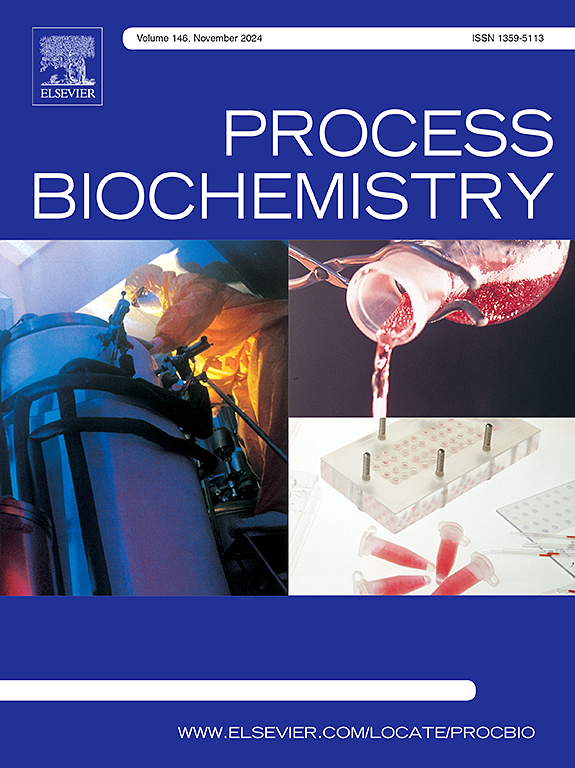Metal-organic frameworks for nutraceutical delivery: A futuristic perspective
IF 3.7
3区 生物学
Q2 BIOCHEMISTRY & MOLECULAR BIOLOGY
引用次数: 0
Abstract
Metal-organic frameworks (MOFs) in conjunction with nutraceuticals exemplify the interdisciplinary nature of modern research, where materials science converges with the nutritional and health sciences to create innovative solutions. While MOFs find extensive applications in diverse industries, their utilization in the food industry, particularly the nutraceutical segment, is relatively naive. Recent efforts have focused on synthesizing novel MOFs utilizing biological materials, particularly cyclodextrin-based MOFs; imparting them with renewable, non-toxic, and edible properties. However, MOFs show promising potential, particularly in targeted delivery applications in pharmaceutical and nutraceuticals. Accordingly, this review explores the related design, synthesis, and structural aspects, further introducing the range of emerging applications in nutraceutical delivery. Their unique capabilities are highlighted, and challenges that require attention are detailed as the research landscape progresses. Having demonstrated merits in the field of drug delivery, their scope with nutraceuticals, as detailed in this review article, is untapped yet promising. Overall, a significant number of scientific documents focus on cyclodextrin; however, further research is necessary, majorly focusing on material identification, synthesis and applications.
金属有机框架的营养食品输送:未来的观点
金属有机框架(MOFs)与营养保健品相结合,体现了现代研究的跨学科性质,材料科学与营养和健康科学相结合,创造了创新的解决方案。虽然mof在各个行业都有广泛的应用,但它们在食品行业,特别是营养保健领域的应用相对幼稚。最近的研究主要集中在利用生物材料合成新型MOFs,特别是基于环糊精的MOFs;赋予它们可再生、无毒和可食用的特性。然而,mof显示出巨大的潜力,特别是在制药和营养药品的靶向递送应用中。因此,本综述探讨了相关的设计、合成和结构方面,进一步介绍了营养保健品输送的新兴应用范围。它们的独特能力被突出,需要关注的挑战被详细描述为研究前景的进展。在药物输送领域已经证明了优点,正如这篇综述文章所详述的,它们在营养保健品方面的范围尚未开发,但很有希望。总的来说,大量的科学文献关注环糊精;然而,进一步的研究仍是必要的,主要集中在材料的鉴定、合成和应用方面。
本文章由计算机程序翻译,如有差异,请以英文原文为准。
求助全文
约1分钟内获得全文
求助全文
来源期刊

Process Biochemistry
生物-工程:化工
CiteScore
8.30
自引率
4.50%
发文量
374
审稿时长
53 days
期刊介绍:
Process Biochemistry is an application-orientated research journal devoted to reporting advances with originality and novelty, in the science and technology of the processes involving bioactive molecules and living organisms. These processes concern the production of useful metabolites or materials, or the removal of toxic compounds using tools and methods of current biology and engineering. Its main areas of interest include novel bioprocesses and enabling technologies (such as nanobiotechnology, tissue engineering, directed evolution, metabolic engineering, systems biology, and synthetic biology) applicable in food (nutraceutical), healthcare (medical, pharmaceutical, cosmetic), energy (biofuels), environmental, and biorefinery industries and their underlying biological and engineering principles.
 求助内容:
求助内容: 应助结果提醒方式:
应助结果提醒方式:


